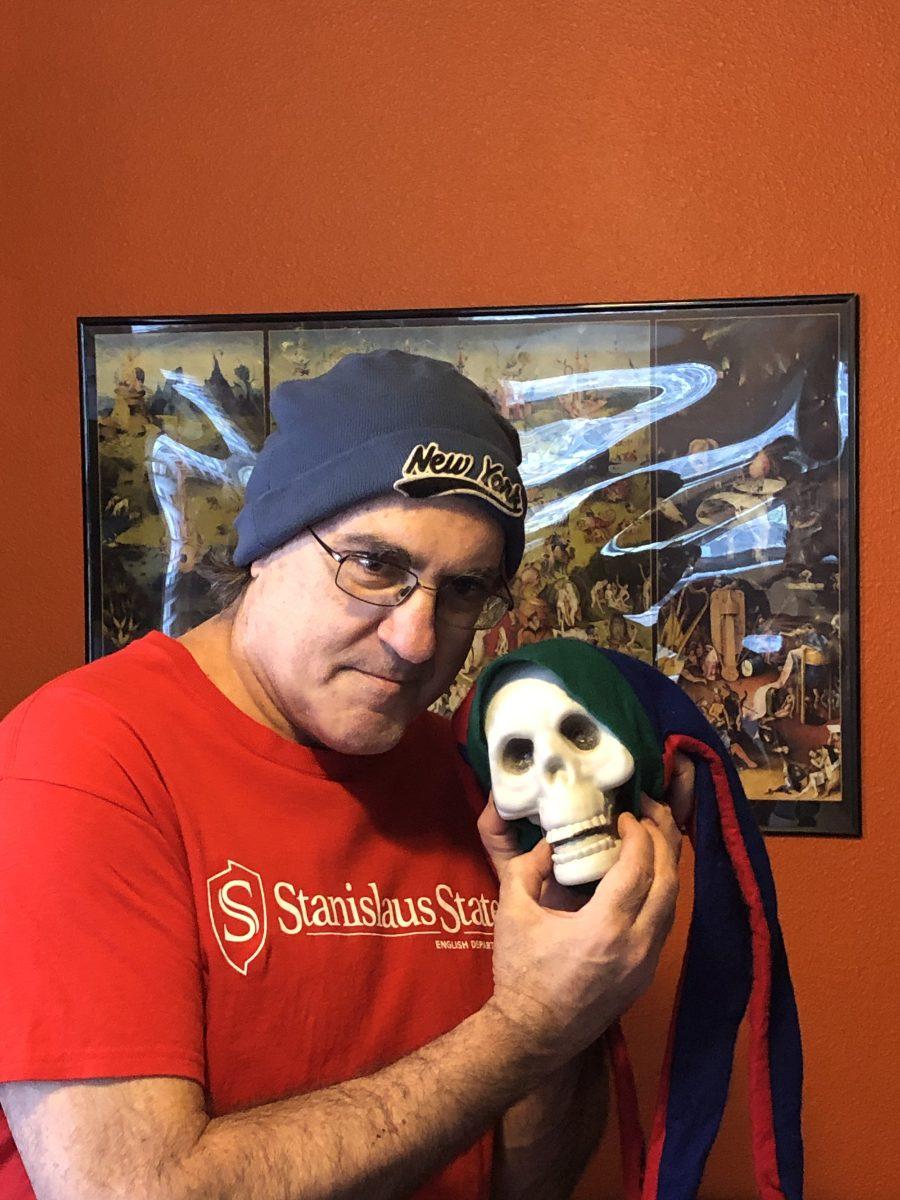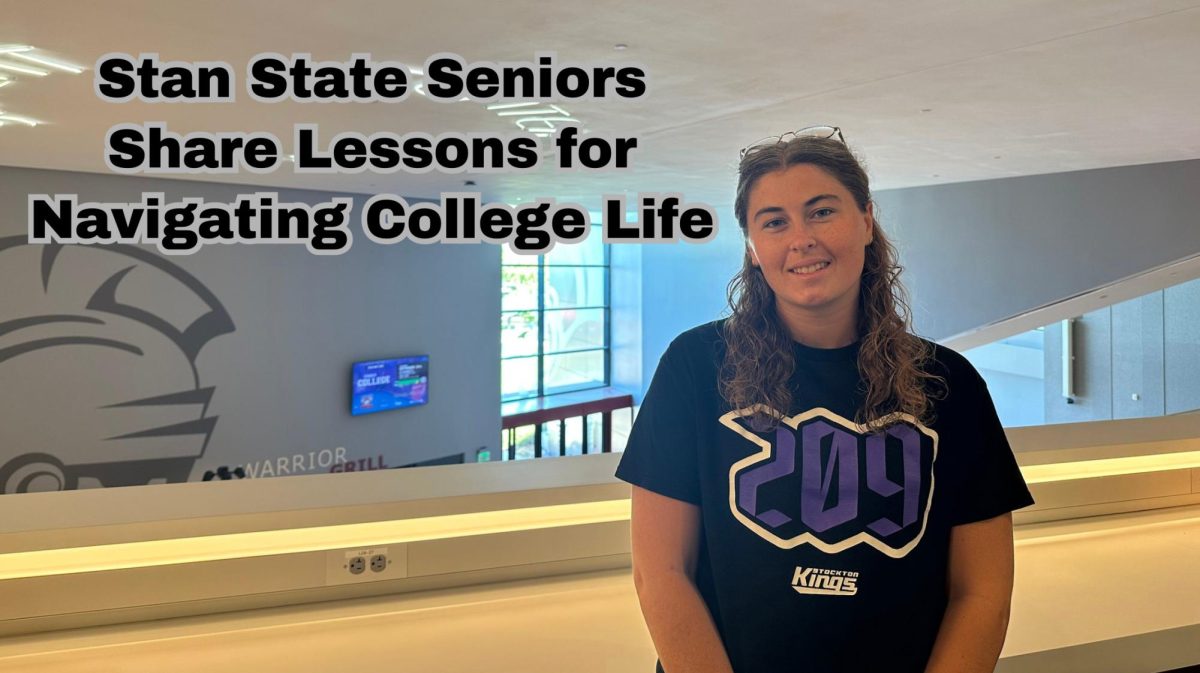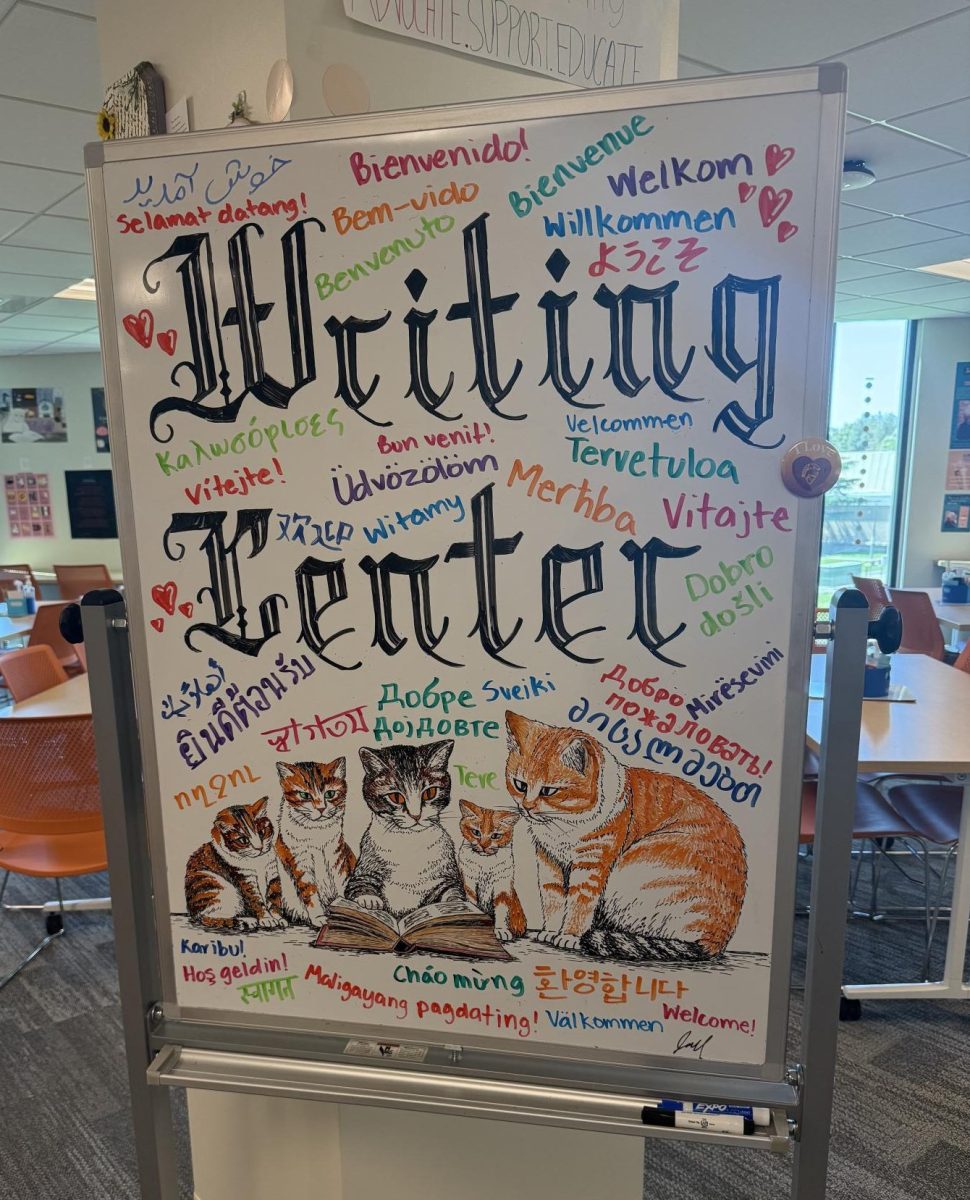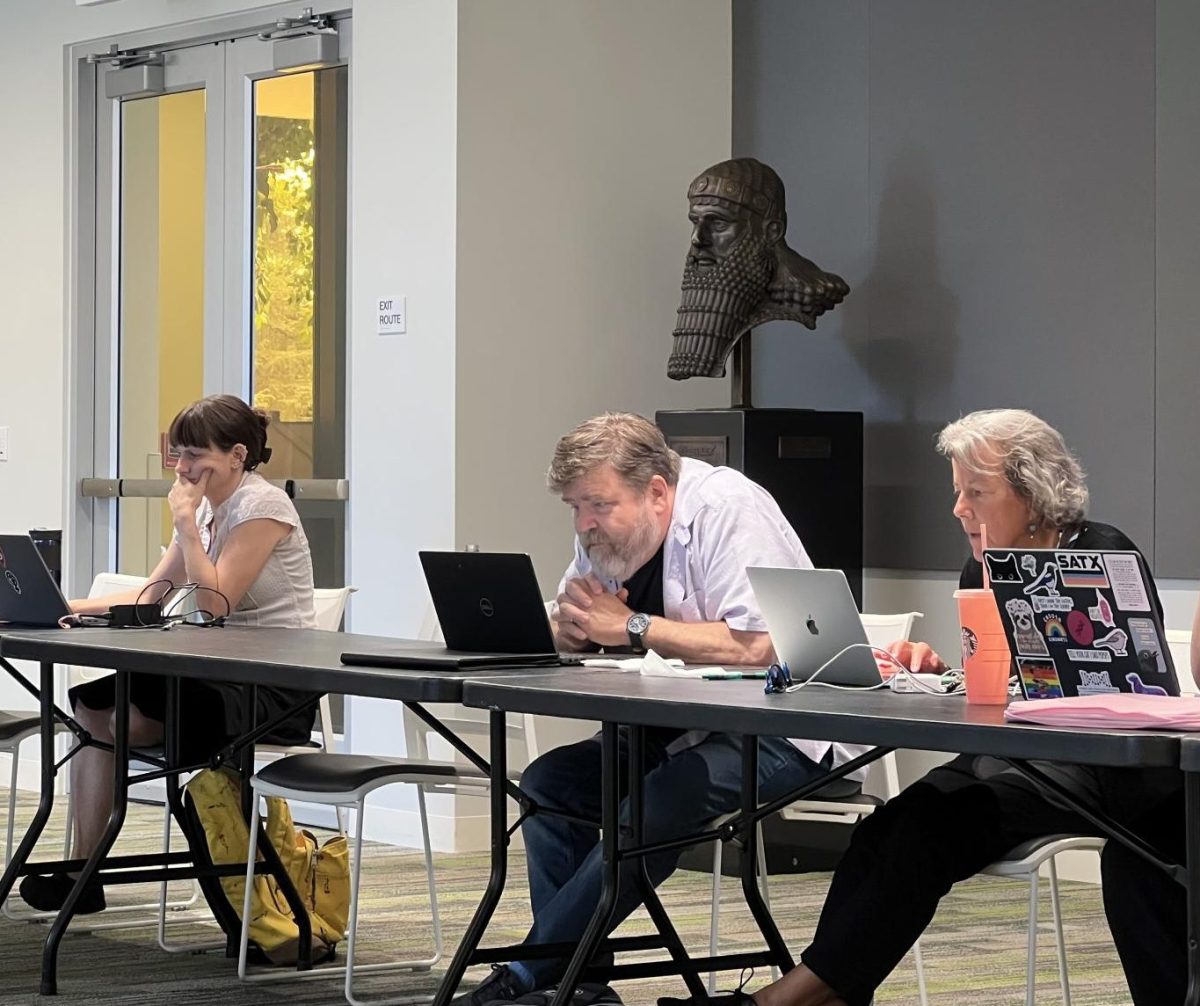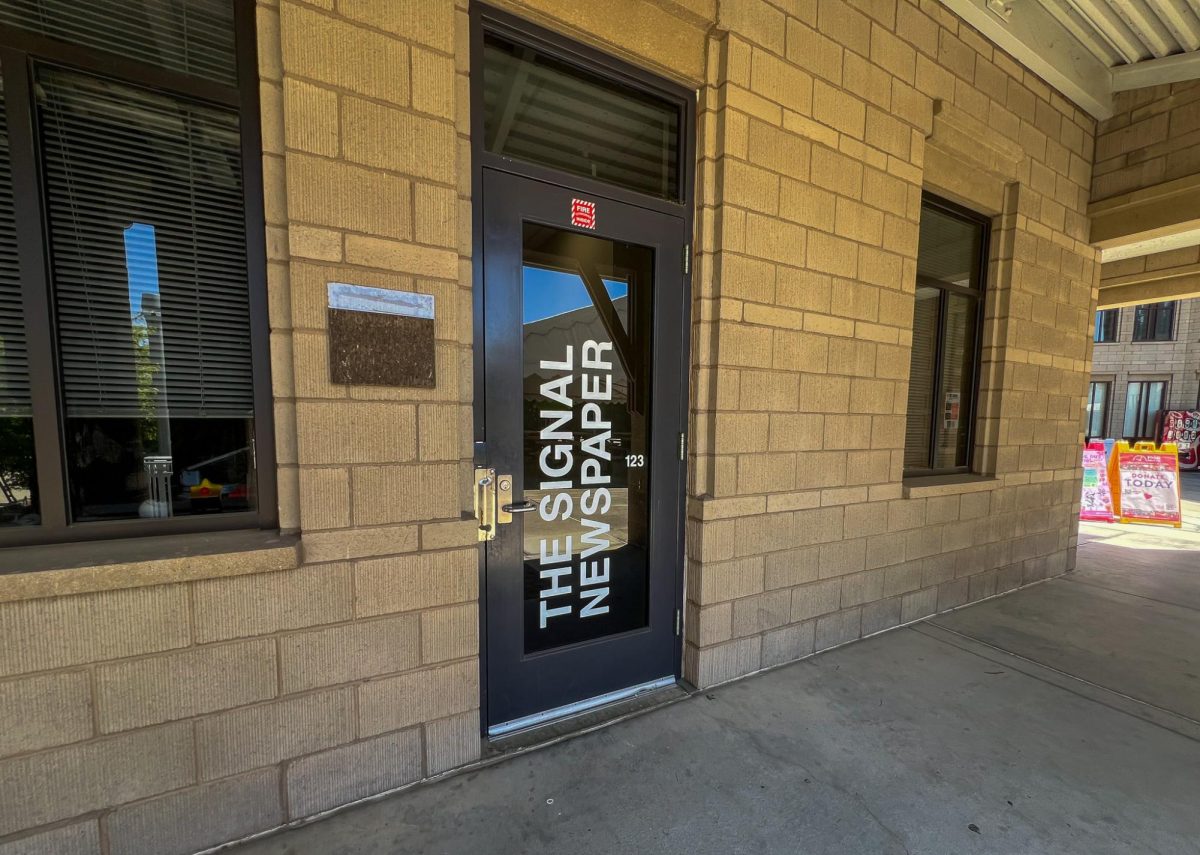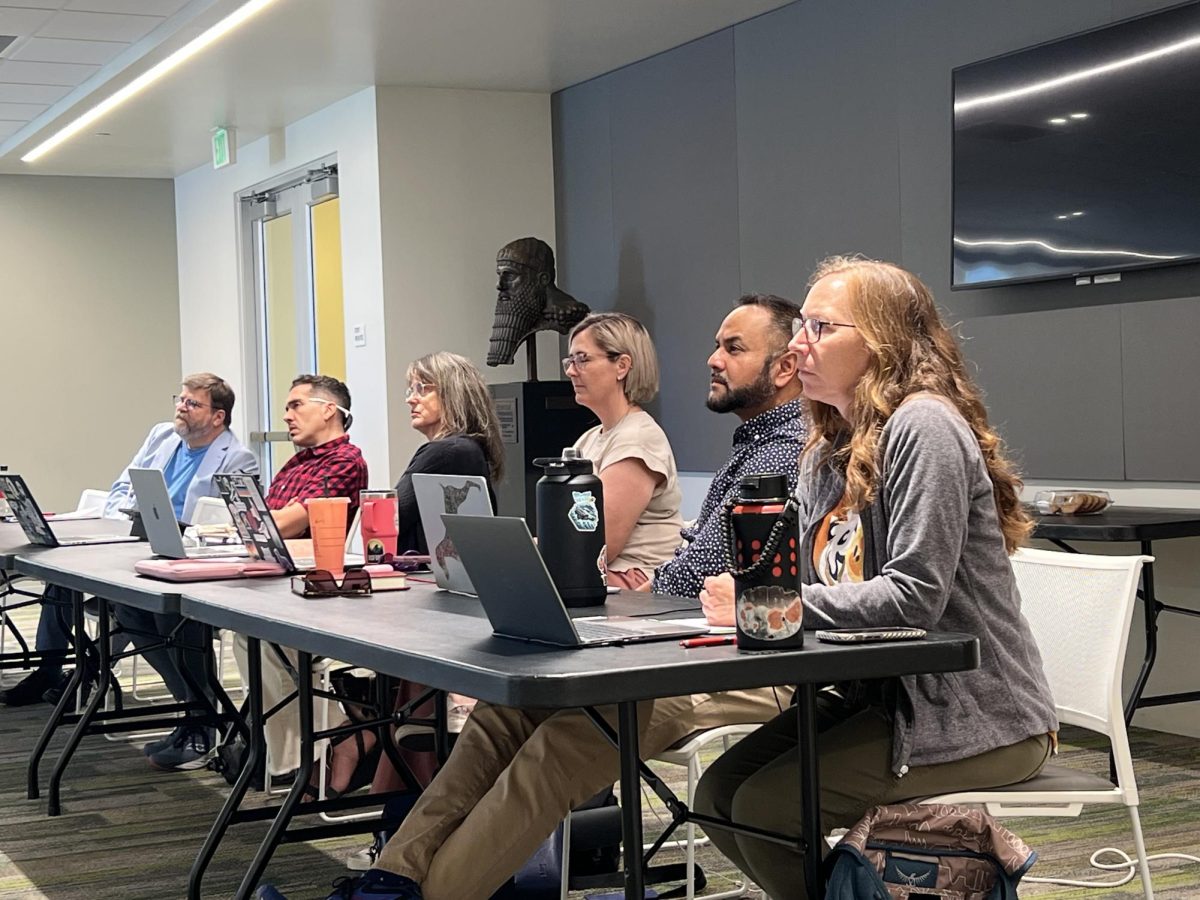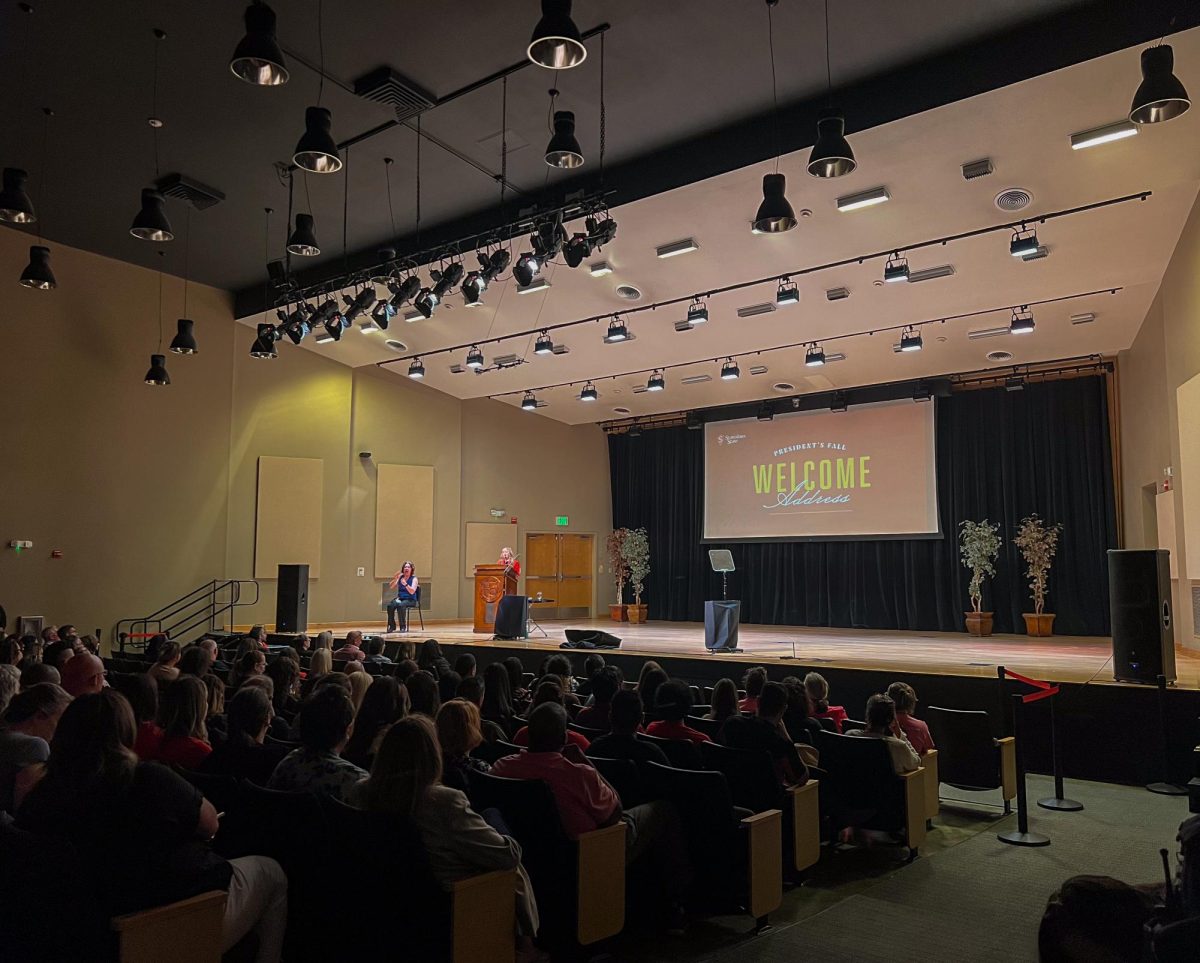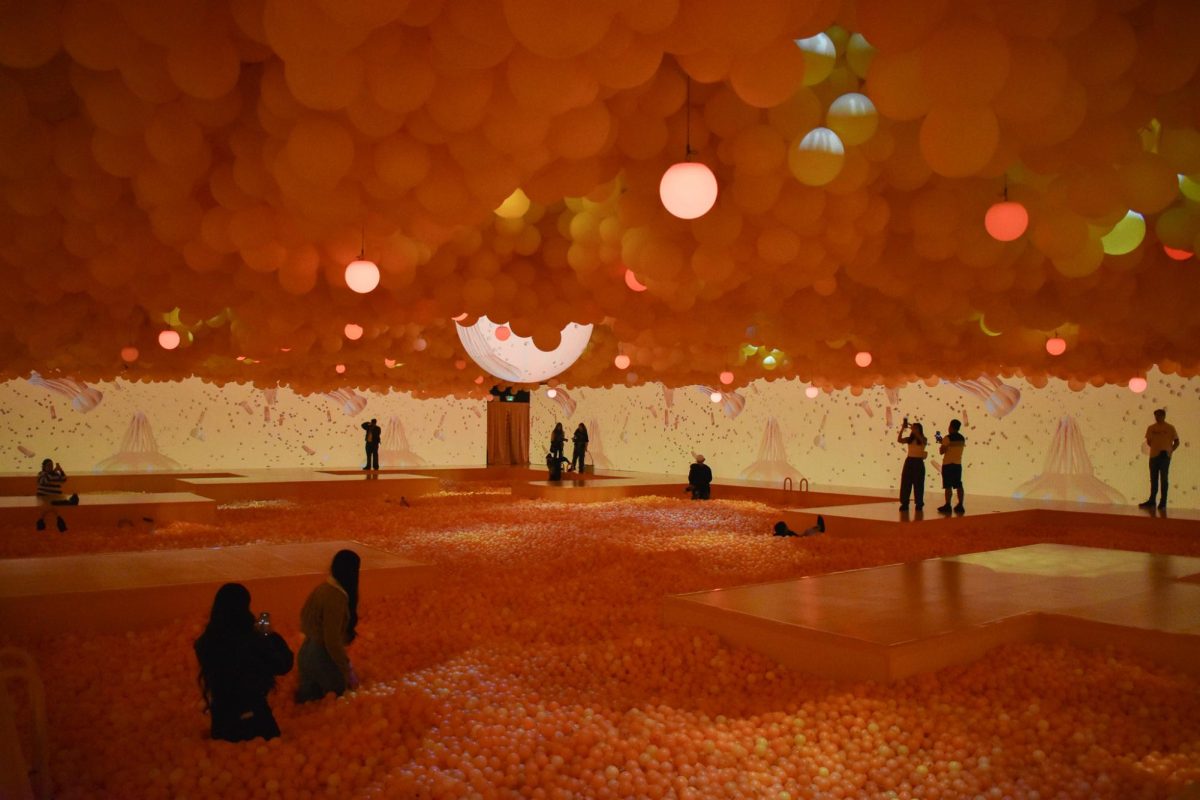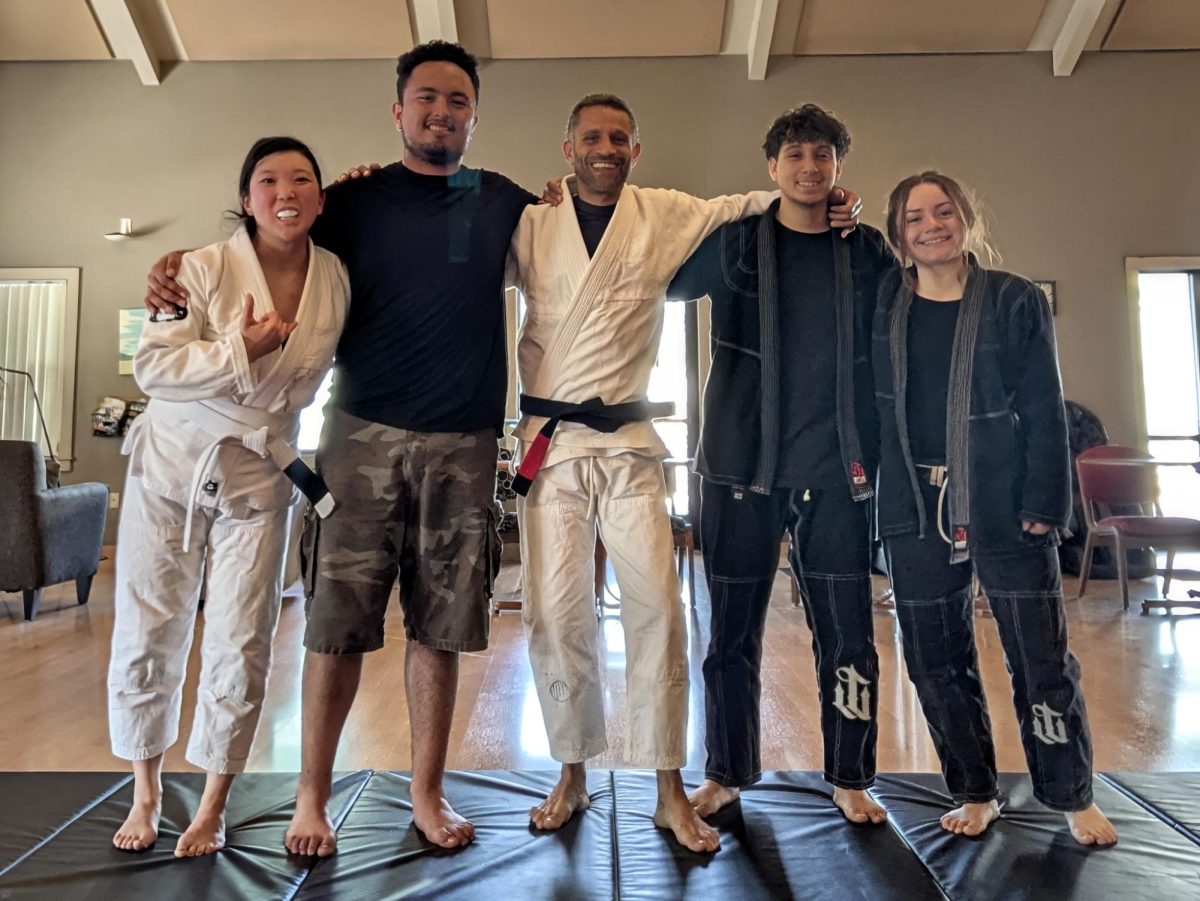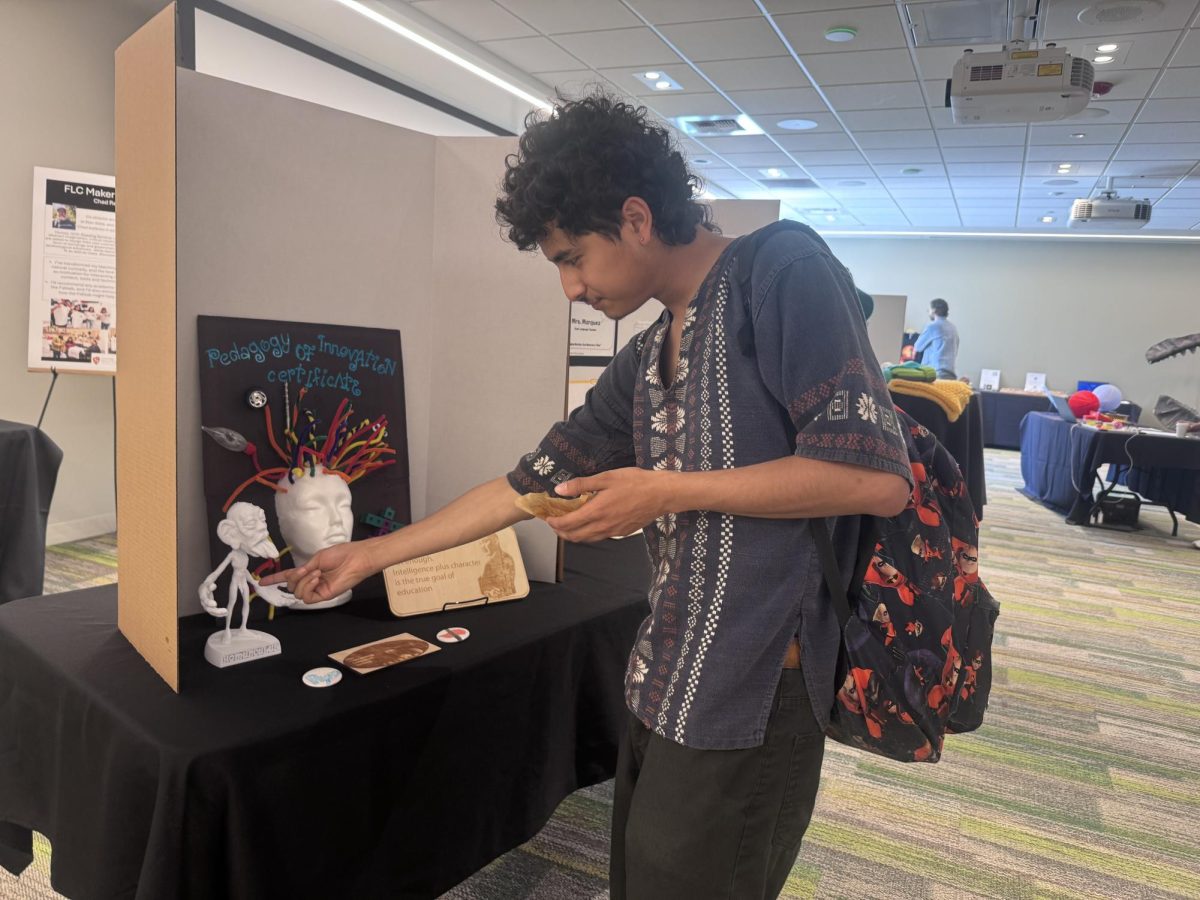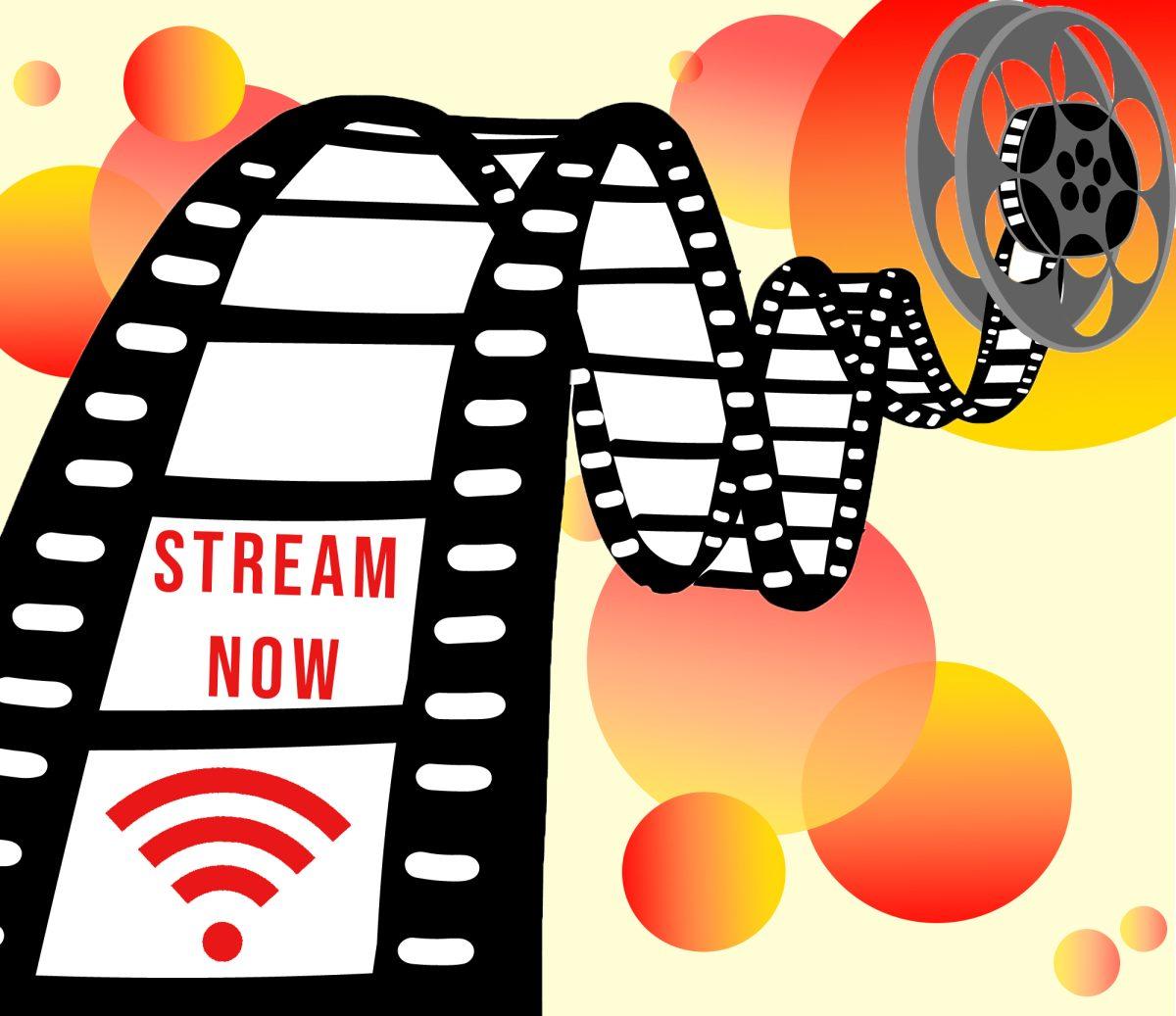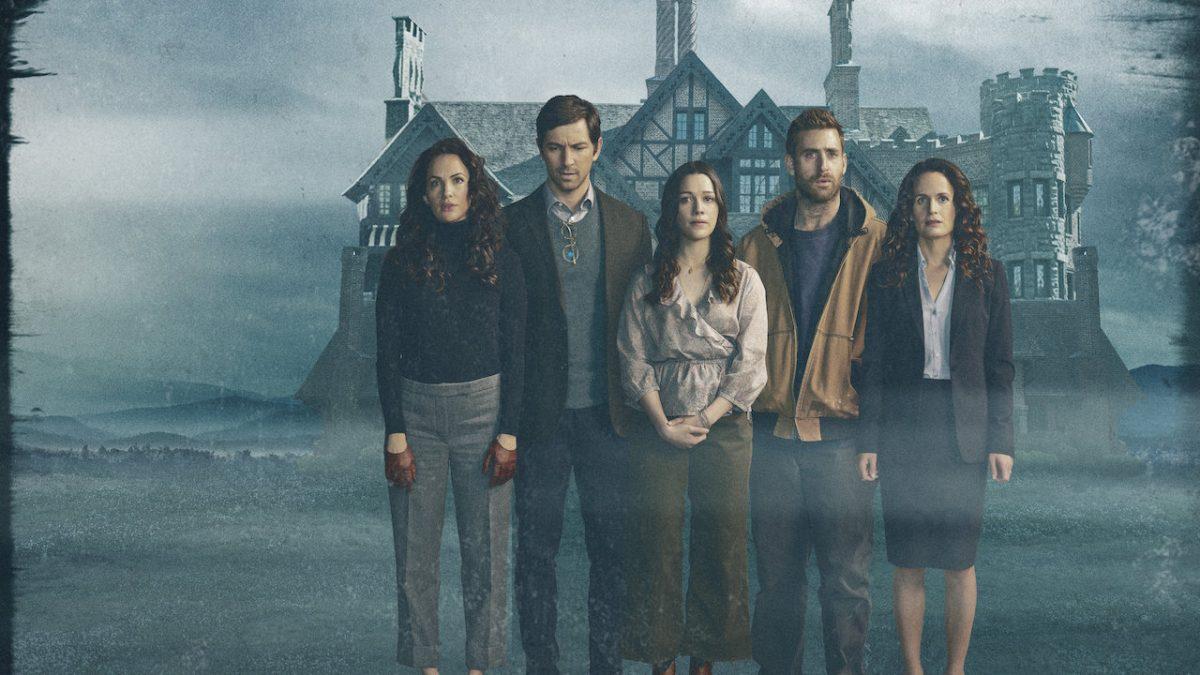During his tenure at Stanislaus State, Professor Anthony Perrello has infected his students with his fascination with horror. This has been a carefully crafted epidemic—as he stitches horror films onto his courses and raises canonical literature from the dead. This summer, over the terrifying medium of Zoom, he discussed his past and present experiences appreciating and teaching horror, how his students’ reactions to his teaching has impacted him, and his future plans on further implementing the genre into his curriculum.
When asked about his earliest experiences with horror that motivated his passion for the genre, Perrello talked about two television blocks he grew up with, Creature Features and Chiller, which showed classic behemoth horror films such as King Kong (1933) and Godzilla (1954). He recalled that they aired The Wolf Man (1941), which “scared the living daylights” out of him.
“I watch it now …. and it just seems ridiculous,” Perrello said with a chuckle, “that I ever could have been scared by such a thing.”
Horror has no doubt evolved from those black-and-white monster flicks. The practical and special effects continue pushing boundaries to appear more and more gruesome and real. For example, Perrello noted how Alien (1979) changed the public perception of the sci-fi genre.
“It was only three or four years after Star Wars premiered,” he said, “and suddenly sci-fi and space movies weren’t just these cheap, gaudy, brainless stuff for kids.”
He described the jump forward in practical effects as “monsters coming alive on screen.” However, it’s also evolved in the academic sphere into its own field of study. Perrello explained that horror has developed from something marginal when he began teaching a course on Monsters and Literature in Texas in 2003 into something mainstream.
When asked for his thoughts on why it had been overlooked as a genre for so long, he borrowed from essayist Carol Clover, a professor of Medieval studies and film at UC Berkeley, who he explained was one of the first people to take horror seriously as literature in her paper “Her Body, Himself” in 1987. She explains that horror was for a long time associated with pornography. It affects the body—it creates physiological effects like the raising of goosebumps and the churning of your stomach—and this bodily revulsion justified the idea that horror was beneath analysis.
Perrello says Clover’s argument against this was that if the study of literature and film is the study of culture, then horror is a great medium to study culture. He says that horror “exposes the dark underbelly of polite society” and that it puts the marginalized front and center, especially sexual deviancy.
As an example, he brought up the 1983 low-budget film Sleepaway Camp, which is about a group of teens getting stalked-and-killed at a summer camp. However, he says, without spoiling anything because in his words it has, “a shocker of an ending,” that rape culture and sexism are front-and-center.
“The films ends up really exploring gay and trans issues,” Perrello said, before exclaiming, “In 1983! Exploring these issues with nuance and sensitivity!”
This gets to the heart of why he believes we should study horror. A cheap, bloody slasher film from the 1980s takes a closer look at queer issues in ways that, he says, “canonical literature just doesn’t.”
In fact, tying horror into these canonical pieces has become a staple of his teaching. When asked about anything that stood out to him in his time teaching horror, he said what surprised him most is how popular it is and how students are excited by it.
“My teaching got energized a little bit when I realized that if you can channel horror into your curriculum in different ways, that same interest students have when taking a class in horror film could be awakened when you study old literature,” Perrello said.
He talked about how monsters mutilate and disfigure bodies in medieval literature could be considered horror, or how the Renaissance revenge tragedy could be considered much the same. “Students may hate Shakespeare,” he said, “But when you teach Titus Andronicus as a 400-year-old slasher film, suddenly they’re interested.”
Just like contemporary horror, Titus Andronicus was also shunned in academic studies for quite some time.
“For years it’s like, ‘He didn’t write it!’” he said, mocking the play’s critics, “Scholars are bending over backward to assign it to somebody else, ‘Shakespeare couldn’t have wrote this! Peele wrote it! It was George Peele who wrote it!’ Nope!”
If any students are interested in taking a class that explores Perrello’s unique fusion of horror film and medieval/Renaissance studies, he hopes to take a new direction with his 3209 course on Medieval Literature in the fall semester. He plans to title it “The Reel Middle Ages”.
Discussing some works the class might contain, he said he plans to marry Chaucer’s The Pardoner’s Tale and the David Fincher movie Se7en through their shared themes on the Seven Deadly Sins. He also said he saw Robert Eggers’ recent film, The Northman, on release, which borrows from the same source that Shakespeare did when writing Hamlet—The History of the Danes by Saxo Grammaticus—and suggested teaching these in tandem with each other as well.

